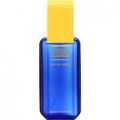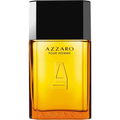06/28/2021

Ninja12
3 Reviews

Ninja12
Very helpful Review
8
solid personality in a bottle.
Agua Brava is not a crowd-pleaser, neither for a faint heart; this is pure dark deep herbal-mossy and dry woody chypre cologne that projects maturity and sophistication, for those that love and understand good quality in a fragrance without fancy ribbons and delicate pink boxes, Agua Brava is a pure manly cologne to the last drop; you cannot get more "macho" than this, and yet it's a refined fragrance that has pedigree and status, it brings you the aroma of the mediterranean sea, with the scent of a pine forest, rocks covered with moss and that dry woody chypre note that gives an enchanting-solid image to this awesome cologne.
Young boys cannot have the appreciation for this type of colognes, thinking that they are for "old men" that want to smell ancient and rustic; but Agua Brava is simply a "real men's cologne" that keeps the spirit and style of "the alpha male"; it's harsh and bold, with strong character and solid rock personality and yet despite its age, still going strong otherwise Antonio Puig house wouldn't carry on producing this magnificent fragrance.
Young boys cannot have the appreciation for this type of colognes, thinking that they are for "old men" that want to smell ancient and rustic; but Agua Brava is simply a "real men's cologne" that keeps the spirit and style of "the alpha male"; it's harsh and bold, with strong character and solid rock personality and yet despite its age, still going strong otherwise Antonio Puig house wouldn't carry on producing this magnificent fragrance.






 Top Notes
Top Notes  Lavender
Lavender Sage
Sage Bergamot
Bergamot Juniper
Juniper Lemon
Lemon Heart Notes
Heart Notes  Bay leaf
Bay leaf Pine
Pine Carnation
Carnation Base Notes
Base Notes  Moss
Moss Musk
Musk Patchouli
Patchouli Leather
Leather Sandalwood
Sandalwood Vetiver
Vetiver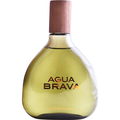


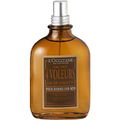
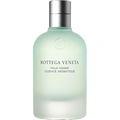
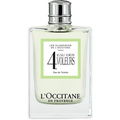
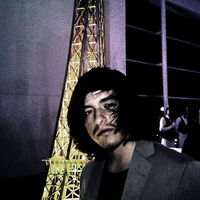

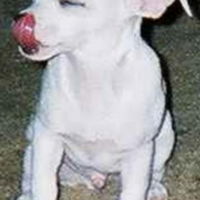





 Pio
Pio BertolucciK
BertolucciK PedroCabral
PedroCabral ChicoRoch1
ChicoRoch1 Infragrante
Infragrante Soapy
Soapy Daioros
Daioros


